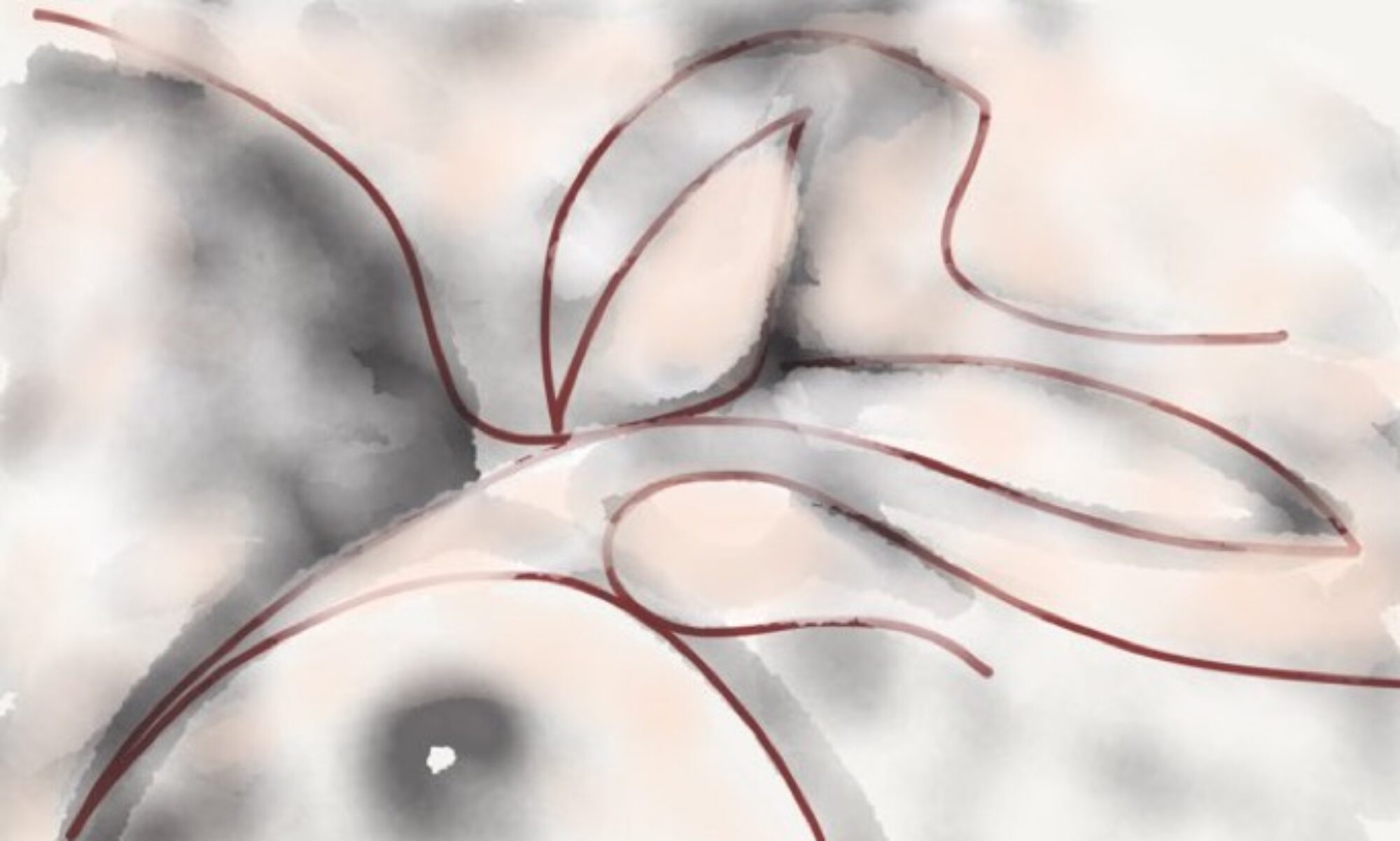Strategy for promoting creativity, social and industrial connectivity and quality in higher education
There is a growing realization particularly in the Covid-19 pandemic phase that governance of public and private institutions has to become much more agile, flexible and responsive to the emergent social needs. Recently, Honey Bee Network has started experiments on tapping and mapping community knowledge and innovations through students of higher education during the lockdown period. Once their curiosity is generated to learn from unexpected quarters, their willingness to cooperate with other entrepreneurs, industrial clusters and public services may also increase. Our final goal is that the projects/assignments that they undertake for various courses address the unmet social, industrial and environmental needs. These problem-solving projects will become trigger for innovative start-ups and/or further research and publications.
Strategy:
1. The three best projects/assignment [grade A given by teacher] from every discipline and every college may be sent for anonymous review to other faculty members by masking the grades. The purpose is to help their teachers get feedback from the peers about the quality. In the first year, the feedbacks of the projects will be sent to the concerned faculty and nobody else.
2. Using lockdown as an opportunity for mapping the knowledge of elders
3. Under-utilized resources, unmet needs, problems in search of solutions
4. Mapping under-utilized manufacturing or fabricating capability to link with unmet demand from other industries within or outside the space – ICT students to create a platform
5. A campaign for ICT students to create website for the member of all industrial cluster in Gujarat. The members of the cluster to provide basic information, product catalogue, contact address, etc., and students to create websites for them. All these websites to be linked with gujmarket portal. The best contribution by the department and clusters to be recognized with awards/internship/placement offer.
6. The database of abstracts of students’ projects to be created at the departmental portal and also to be added in the techpedia.in portal. This will give visibility to the students and faculty globally and also create a market for merit. This will also promote originality because other students will not repeat the projects that have already been done.
7. The centre of excellence in various disciplines to be mapped and supported.
8. The final year projects of the students to be linked with the problems of industrial clusters, whether to find new uses of waste material, how to convert energy, improve productivity, worker safety, etc. Ascertaining from each college the projects which have reached the prototype stage and with a little more effort, it can become product. To find out testing and financial requirement for converting it into a product.
9. Synopsis of every project / thesis should be preceded by a review of existing product in the market, related patents, literature on the web and the gaps sought to be filled up. Without such a review, the quality is unlikely to improve.
10. To prevent cut and paste culture, proper guidelines for citation of prior literature, unpublished reports or projects, personal communications and products in the market may be developed. A short ethical code of conduct can also be shared.
11. An MIS will have to developed to generate data on indicators of different quality parameters such as outstanding publications, product development, licensing of technologies, entrepreneurship based on product/research and outstanding placement. A department can be known for its products, patents, publications or placement or a combination of all of them.
12. A select group of 5-10 outstanding researchers / students may be invited every week virtually or physically as the case may be for talking about their achievements and also mentioning their suggestions for quality improvement. The achievers have a right to suggest improvement in the system. The summer schools for solving wicked problems can be designed for polytechnic students in collaboration with GIAN and degree college students with SRISTI.
